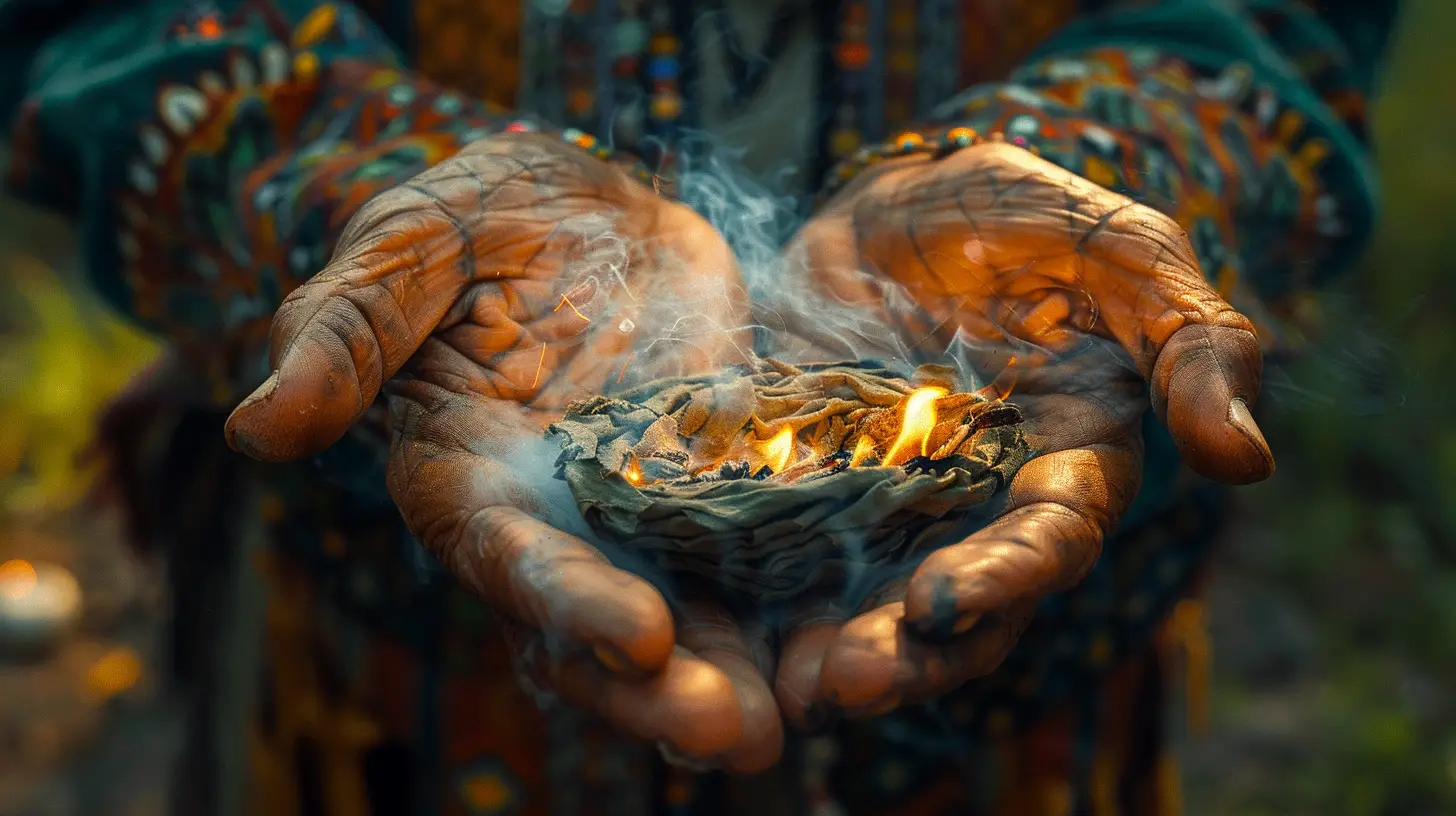Sacred ceremonies play a crucial role in spiritual traditions worldwide. While each culture’s rituals are unique, they often share common themes and purposes. This page explores various spiritual ceremonies, including the Sun Dance, highlighting their significance and the universal elements they embody.
The Sun Dance: The Sun Dance, practiced by several Native American tribes, is a ceremony of renewal and sacrifice. Participants fast and dance for days, offering their suffering as a prayer for the community’s well-being. This powerful ritual emphasizes themes of:
- Community healing
- Personal transformation
- Connection with the divine
- Respect for nature
Other Sacred Ceremonies:
- Hindu Diwali:
- Celebration of light over darkness
- Themes: spiritual awakening, gratitude, new beginnings
- Buddhist Vesak:
- Commemoration of Buddha’s birth, enlightenment, and death
- Themes: reflection, renewal, compassion
- Islamic Hajj:
- Pilgrimage to Mecca
- Themes: unity, equality, submission to divine will
- Jewish Yom Kippur:
- Day of Atonement
- Themes: forgiveness, self-reflection, spiritual cleansing
- Christian Baptism:
- Ritual of purification and dedication
- Themes: rebirth, community acceptance, spiritual commitment
Universal Themes in Sacred Ceremonies: Despite their diverse origins, many sacred ceremonies share common elements:
- Purification and cleansing
- Connection with the divine or spiritual realm
- Community bonding and shared experience
- Personal transformation and growth
- Cyclical renewal and marking of time
- Gratitude and offering
Sacred ceremonies, from the Sun Dance to rituals practiced around the globe, reflect humanity’s universal quest for meaning, connection, and transcendence. By understanding these shared themes, we can appreciate the common spiritual heritage that unites us all, while respecting the unique expressions of each tradition.
